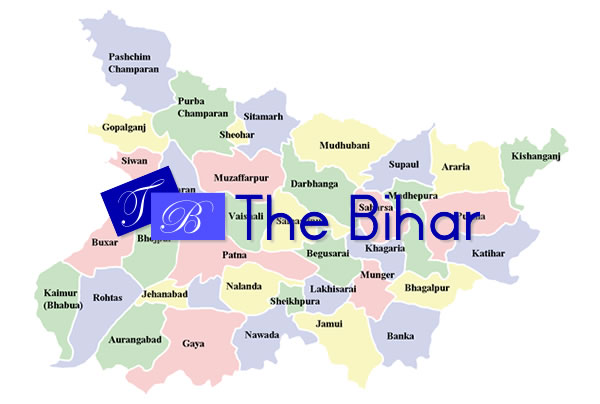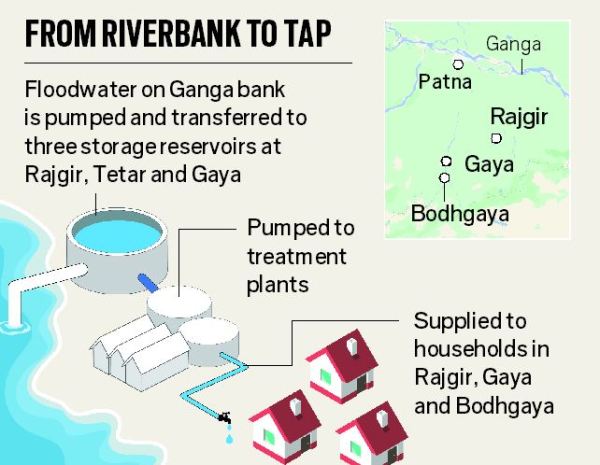Babu Kunwar Singh
2 min readVeer Kunwar Singh (1777–1858), one of the leaders of the Indian rising of 1857 belonged to a royal PARMAR Kshatriya (Rajput) house of Jagdispur, currently a part of Bhojpur district, Bihar state, India. At the age of 80 years, during India’s First War of Independence (1857), he actively led a select band of armed soldiers against the troops under the command of the East India Company, and also recorded victories in many battles.
Kunwar Singh, king of Jagdispur, was born in 1777, Jagdispur, near Arrah in the state of Bihar. He belongs to Panwar/Parmar(Ujjain Rajputs as they are locally known in Bihar or in and around his birth place). His ancestors belong to the dynasty of the great Raja Vikramaditya as well as Raja Bhoj of Malwa.
Veer Kunwar Singh was nearly eighty and in failing health when he was called upon to take up arms. The great warrior that he was, he gave a good fight and harried British forces for nearly a year and remained invincible till the end. Kunwar Singh assumed command of the soldiers who had revolted at Danapur on July 5. Two days later he occupied Arrah, the district headquarters. Major Vincent Eyre relieved the town on 3 August, defeated Kunwar Singh’s force and destroyed Jagdispur. Kunwar Singh left his ancestral village and reached Lucknow in December 1857. In March 1858 he occupied Azamgarh. However, he had to leave the place soon. Pursued by Brigadier Douglas, he retreated towards his home in Bihar. On 23 April, Kunwar Singh had a victory near Jagdispur over the force led by Captain Le Grand. On 26 April 1858 he died in his village. The mantle of the old chief now fell on his brother Amar Singh who, despite heavy odds, continued the struggle and for a considerable time, running a parallel government in the district of Shahabad. In October 1859,Amar Singh joined the rebel leaders in the Nepal Terai.
In his last battle, fought on 23 April 1858, near Jagdispur, the troops under the control of the East India Company were completely routed. While crossing the Ganges on way to his ancestral seat at Jagadispur, veer Kunwar Singh was wounded in the arm. Undaunted, veer Kunwar Singh severed the injured limb and flung it into the river Ganges as is was his last offering to the Ganges. Soon after, he completely routed the British forces in the battle on 23 April 1858 and died the next day (24 April 1858) He was respected as a good and brave warrior.


